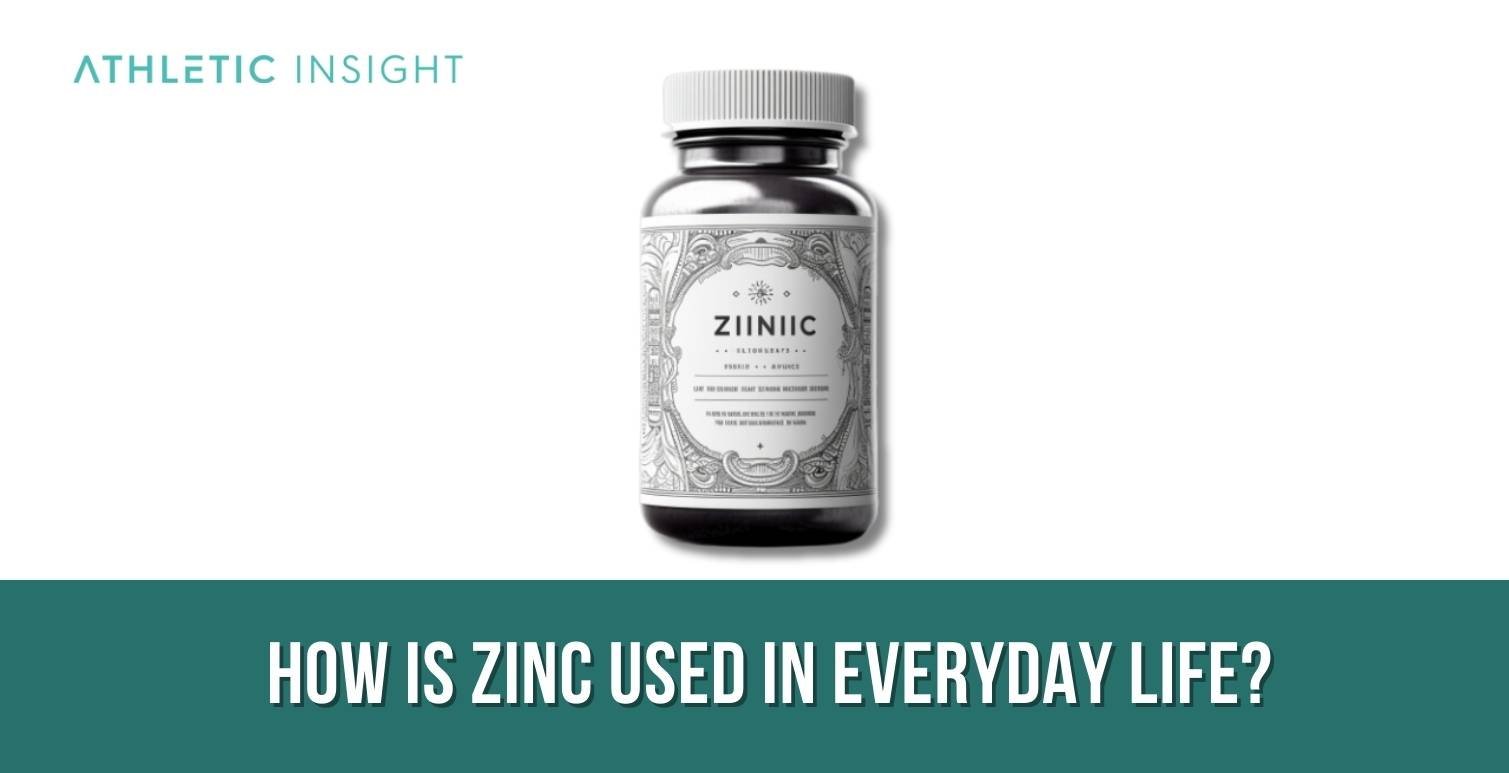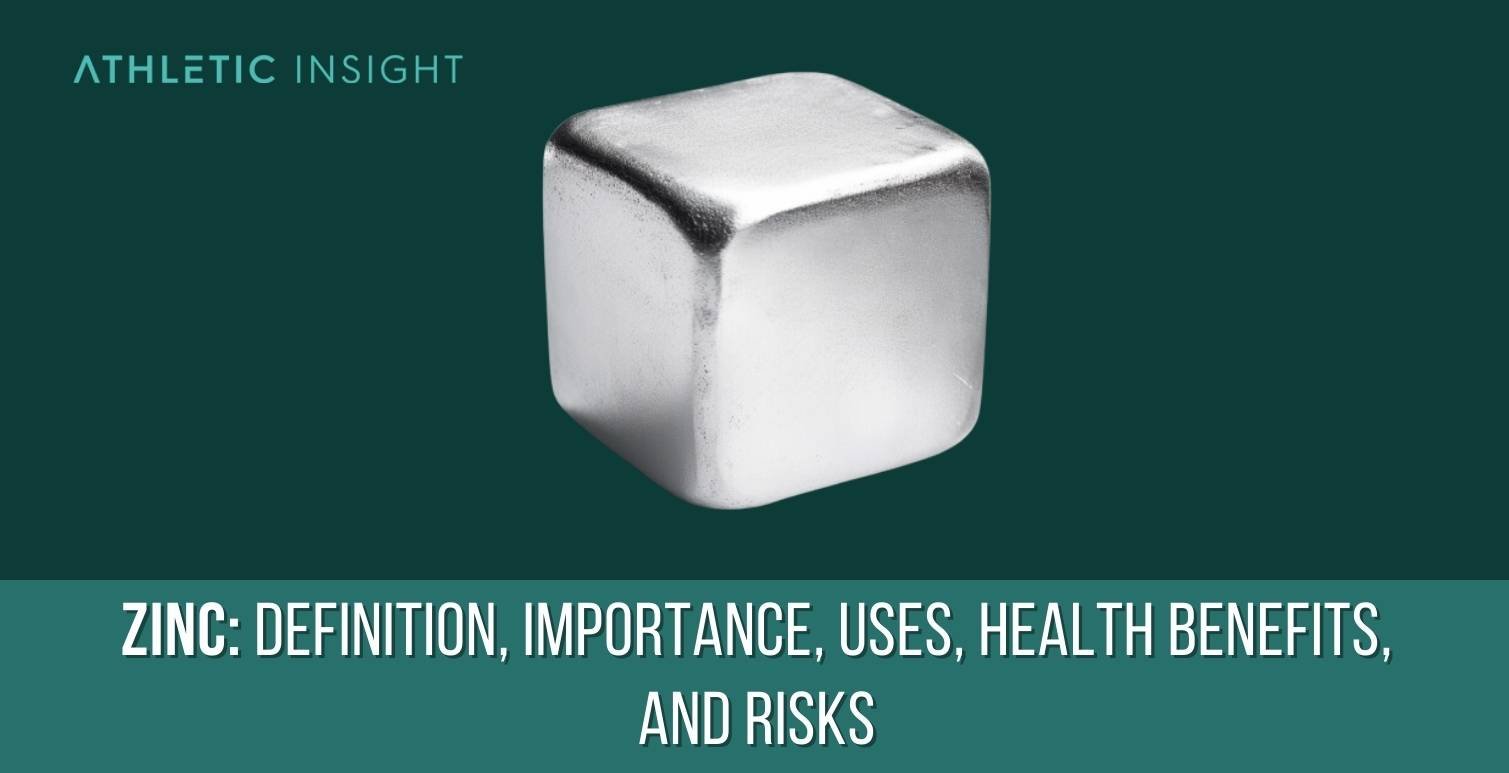Zinc, a lustrous, silver-gray metal, is an indispensable micronutrient found in the Earth’s crust and oceans. It is a catalytic component in approximately 300 enzymes and plays a pivotal role in protein synthesis, cell division, DNA and RNA replication, and the regulation of gene expression. Its benefits are manifold, including aiding the immune system, supporting growth during childhood, facilitating wound healing, and even enhancing the sense of taste and smell. Furthermore, Zinc demonstrates antioxidant properties, protecting cells from damage by free radicals and thus playing a role in preventing chronic diseases.
In the daily life of humans, Zinc is consumed through diet and supplements, with sources ranging from oysters and red meat to whole grains and fortified cereals. In the industrial realm, Zinc’s anti-corrosive properties and efficacy as a co-factor in numerous enzymatic reactions have led to its use in applications like galvanizing steel, manufacturing paint, and creating sunscreen products. Despite its numerous benefits, overconsumption of Zinc can lead to health risks, including nausea, vomiting, loss of appetite, and even the interference with the absorption of other critical nutrients. Therefore, it is crucial to ensure a balanced intake of this essential micronutrient.
What is Zinc?
Zinc is a chemical element with the symbol Zn and atomic number 30. It is a lustrous, silver-gray metal found in the Earth’s crust and oceans, demonstrating properties of ductility and malleability. Its reactivity is primarily due to its corrosion-resistant nature and high electronegativity. Zinc’s thermal conductivity and melting point set it apart from its metallic counterparts, making it crucial for numerous industrial applications.

Why is Zinc Essential to the Body?
Zinc is an indispensable micronutrient, playing a pivotal role in multiple bodily functions. It is a catalytic component in approximately 300 enzymes, influencing protein synthesis, cell division, and DNA and RNA replication. Moreover, it maintains the structural integrity of proteins and assists in the regulation of gene expression.
What is Zinc Good For?
Zinc plays a critical role in human health. It aids the immune system, contributes to wound healing, supports growth during childhood, and facilitates the sense of taste and smell. Zinc’s antioxidant properties protect cells from damage by free radicals, thus playing a role in the prevention of chronic diseases.
How does Zinc Interact with Other Minerals in the Body?
Zinc’s metabolic synergy with other minerals in the body, such as copper and iron, is noteworthy. It competes for absorption with these minerals in the gut, and an excess of one may lead to a deficiency in another. Furthermore, Zinc helps regulate calcium, a mineral essential for bone health, within the cells.
Can I Take Vitamin D and Zinc Together?
Yes, taking Vitamin D and Zinc together is generally considered safe and potentially beneficial. Both are essential nutrients that play critical roles in the body. Vitamin D assists in calcium absorption for bone health, while Zinc is essential for immune function, wound healing, and protein synthesis.
Is Zinc Good for Your Hair?
Yes, Zinc is beneficial for hair health. It plays a pivotal role in hair tissue growth and repair. Moreover, it helps keep the oil glands around the follicles working correctly, thereby preventing scalp conditions like dandruff.
What are the Different Sources of Zinc?
Zinc can be derived from various sources, primarily through dietary means. Foods rich in Zinc include oysters, red meat, poultry, seafood, dairy products, legumes, whole grains, and fortified cereals. Additionally, Zinc supplements are available for individuals who might not meet their daily requirements through diet alone.
How is Zinc Used in Everyday Life?
Beyond its critical role in the human body, Zinc has broad industrial applications due to its anti-corrosive properties and efficacy as a co-factor in numerous enzymatic reactions. It is used in galvanizing steel, making brass, manufacturing paint, and creating sunscreen products. In terms of dietary intake, the recommended dosage for adults is 8-11 mg per day, while for children, it is 2-8 mg per day, depending on their age.

Who Should Take Zinc?
Given its vast benefits, everyone requires a certain amount of Zinc. Individuals with certain health conditions, such as gastrointestinal diseases, vegetarians, pregnant and lactating women, and heavy drinkers might require supplemental Zinc due to increased demands or decreased absorption.
When Should Zinc be Taken?
Zinc can be taken at any time of the day, although it is often recommended to be consumed with a meal to improve absorption and reduce potential side effects such as nausea. Regular intake is necessary as the body does not store Zinc.
How is Zinc Utilized in a Diet Plan?
In a well-balanced diet, Zinc is typically consumed through protein-rich foods. Individuals following a diet plan should incorporate sources of Zinc like lean meats, fish, nuts, and seeds. In vegetarian or vegan diets, legumes and whole grains can provide necessary Zinc, though bioavailability may be less than animal sources.
What are Some Dietary Sources of Zinc?
Zinc is abundant in a variety of foods. Some of the richest sources include shellfish, particularly oysters, red meat, chicken, dairy products like cheese and milk, whole grains, beans, nuts, and seeds.
Does Zinc Help with Weight Loss?
Yes, Zinc can assist in weight loss. As a vital nutrient in metabolism regulation and thyroid function, Zinc can influence body weight. Furthermore, it helps in controlling appetite and reducing food intake.
How do Athletes Use Zinc to Improve Sports Performance?
Zinc is utilized by athletes to enhance sports performance and strength. It plays a vital role in energy metabolism, tissue growth, and repair. Athletes may require higher Zinc intake due to increased physical demand and potential loss through sweat. However, it’s crucial to consult a healthcare professional before significantly increasing Zinc intake.
What are the Common Zinc Products Athletes Used?
Athletes often use Zinc supplements, such as Zinc gluconate, Zinc sulfate, or Zinc acetate, to meet their increased Zinc requirements. Other sources include multivitamins and commercially available sports drinks and nutrition bars fortified with Zinc.
Does Zinc Improve Muscle Strength and Endurance?
Yes, Zinc can contribute to muscle strength and endurance. It plays a role in protein synthesis, cell division, and hormone regulation, all vital processes for muscle development and performance. Furthermore, it aids in reducing exercise-induced inflammation and oxidative stress.
Does Zinc Strengthen Bones?
Yes, Zinc is integral to bone health. It plays a role in bone tissue renewal and mineralization and can stimulate bone-building cells. Moreover, it aids in the absorption of calcium, a critical mineral for bone strength and density.
What are the Health Benefits of Zinc?
Zinc offers numerous health benefits, such as boosting immune function, supporting metabolic function, aiding wound healing, enhancing the sense of taste and smell, promoting eye health, and maintaining skin integrity. Furthermore, it serves a crucial role in growth and development, particularly during pregnancy, infancy, and childhood.
What are the Health Risks of Zinc?
Excessive intake of Zinc can lead to adverse health effects. These include nausea, vomiting, loss of appetite, abdominal cramps, diarrhea, and headaches. Over a long period, high doses of Zinc can cause copper deficiency and lead to neurologic symptoms. Additionally, it may interfere with the absorption of other critical nutrients.

What are the Symptoms of Zinc Deficiency?
Zinc deficiency may present various symptoms, including growth retardation, delayed sexual maturation, infection susceptibility, hair loss, eye and skin lesions, and taste abnormalities. Severe deficiency can also result in impaired wound healing, mental lethargy, and reduced appetite.
How can Zinc Supplements Help Alleviate the Symptoms of Zinc Deficiency?
Zinc supplements can effectively alleviate the symptoms of Zinc deficiency. These Zinc supplements can help restore the optimal level of Zinc in the body, thereby reversing the symptoms. The recommended dosage for Zinc deficiency varies but usually falls within the range of 5-30 mg per day, depending on age and sex.
Are There Any Potential Side Effects in Taking Zinc Supplements?
Yes, consuming high doses of Zinc supplements can lead to adverse side effects such as nausea, vomiting, diarrhea, metallic taste, kidney and stomach damage, and dizziness. Long-term use of high doses can also lead to copper deficiency, anemia, and impaired immune function.
Is 50 mg of Zinc Too Much?
Yes, 50 mg of Zinc per day is considered above the tolerable upper intake level for adults. Consistent intake of this dosage can lead to Zinc toxicity, characterized by nausea, vomiting, loss of appetite, stomach cramps, diarrhea, and headaches. Therefore, it is imperative to consult a healthcare professional before starting any high-dose Zinc supplementation.



